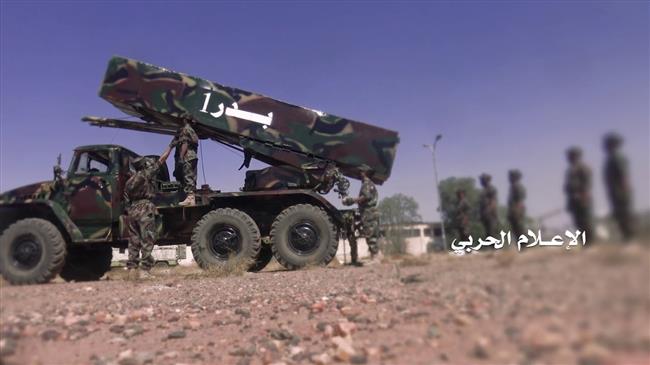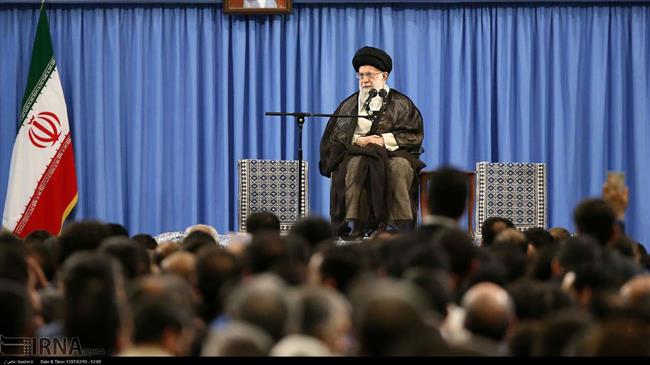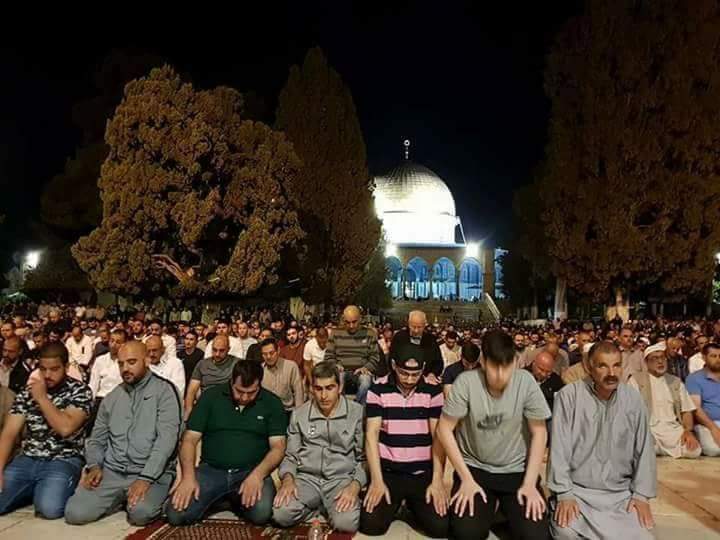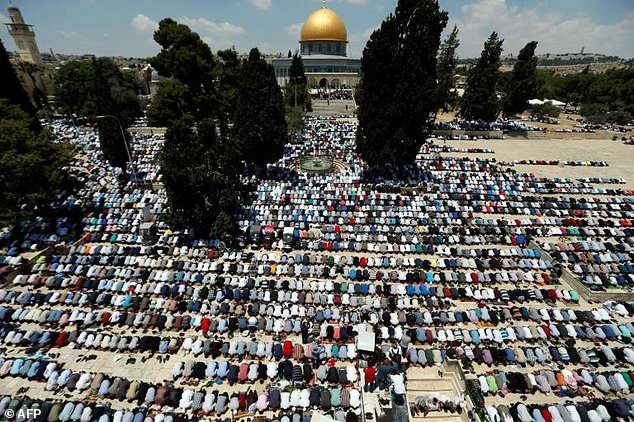Yemeni forces fire ballistic missile at base run by Saudi mercenaries: Report


Yemeni army forces, supported by allied fighters from Popular Committees, have fired a domestically-designed short-range ballistic missile at a position of Saudi-backed militiamen loyal to resigned president Abd Rabbuh Mansur Hadi in the country’s central province of al-Bayda.
Yemeni military sources, speaking on condition of anonymity, told Yemen’s Arabic-language al-Masirah television network that the missile hit the designated target in al-Jaribat area of the province on Sunday.
There were no immediate reports about possible fatalities and the extent of damage caused.
Later in the day, Yemeni soldiers and their allies lobbed a barrage of artillery rounds at the strongholds of Saudi mercenaries in Saudi Arabia’s southwestern border region of Najran.
Yemeni sharpshooters had earlier fatally shot three Saudi-backed militiamen in the al-Durayhimi district of Yemen’s western coastal province of Hudaydah.
A civilian also lost his life and several others, including women and children, sustained injuries when Saudi fighter jets carried out an airstrike against residential buildings in the Riff al-Tahtia area of the same Yemeni province.
Meanwhile, the Saudi-led military alliance involved in the years-long aggression on Yemen alleged in a statement broadcast on Saudi Arabia’s state-run al Ekhbariya television network that it had destroyed sites used by Yemeni Houthi Ansarullah movement.
The coalition claimed the “destruction of ballistic missile (launch) sites run by Houthi fighters in Sa’ada.”

The Yemeni Ministry of Human Rights announced in a statement on March 25 that the Saudi-led war had left some 600,000 civilians dead and injured since March 2015.
The United Nations says a record 22.2 million Yemenis are in need of food aid, including 8.4 million threatened by severe hunger.
A high-ranking UN aid official has warned against the “catastrophic” living conditions in Yemen, stating that there is a growing risk of famine and cholera there.
“The conflict has escalated since November, driving an estimated 100,000 people from their homes,” John Ging, UN director of aid operations, told the UN Security Council on February 27.





